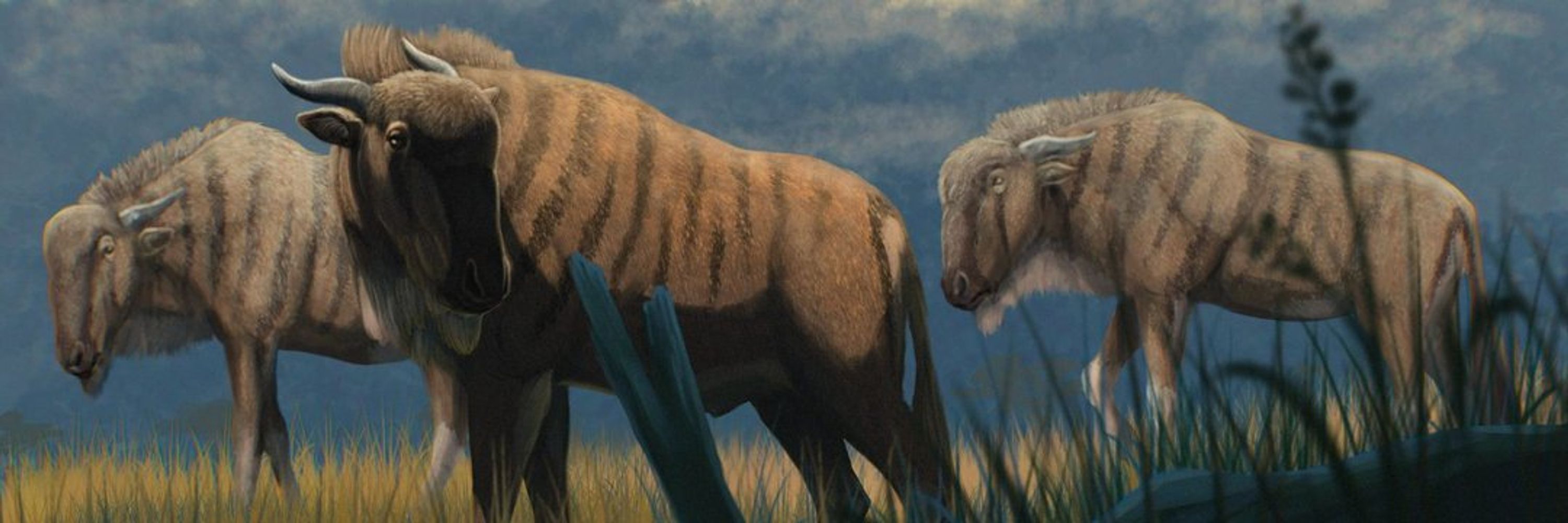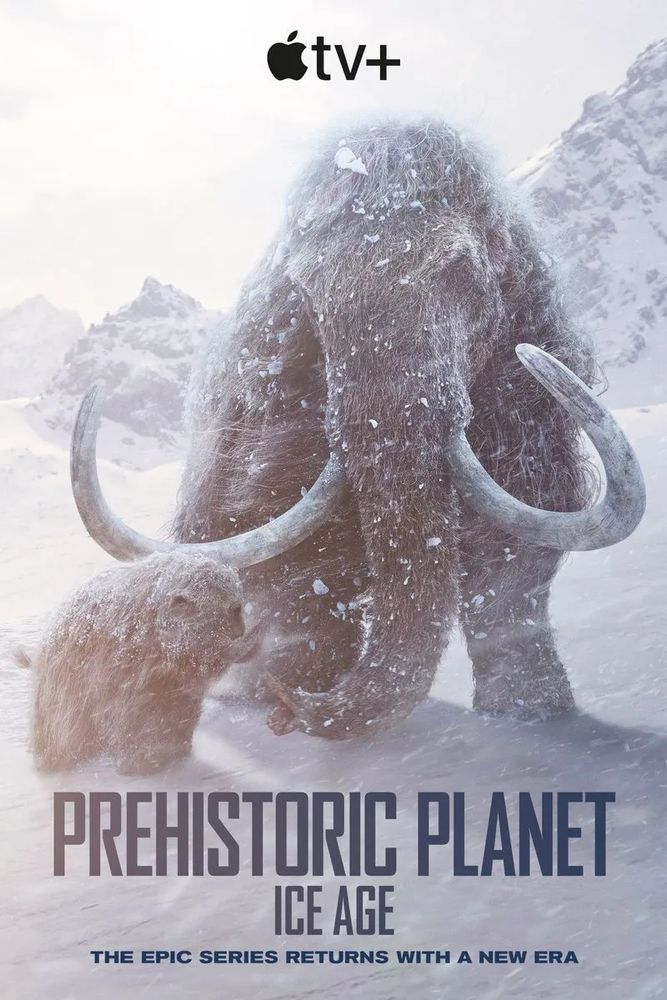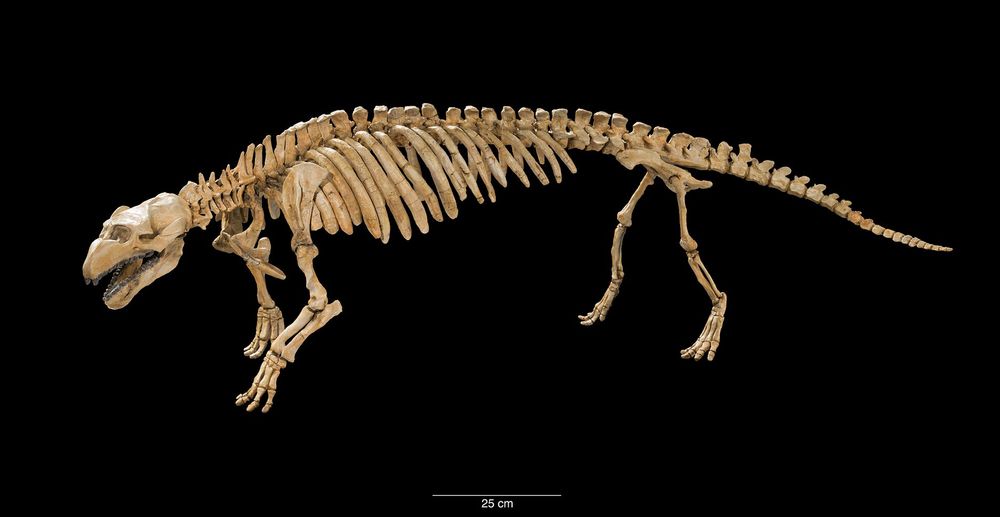
Paleontologist, anthropologist, naturalist, forager. Views my own 🏳️🌈
https://scholar.google.com/citations?user=xAy15BUAAAAJ&hl=en&oi=ao

In our newly published paper in Ecology Letters, we use serially sampled strontium and carbon isotopes from 18 species of antelope, buffalo, and zebra from the Last Glacial Period of Kenya to reconstruct herbivore behavior in the Late Pleistocene.
(1/6)
Excluding humans is rewriting the Ice Age as a "Pristine world free of humans." This is damaging and simply incorrect. There are millennia of Indigenous interactions between humans and other species all erased here.

Excluding humans is rewriting the Ice Age as a "Pristine world free of humans." This is damaging and simply incorrect. There are millennia of Indigenous interactions between humans and other species all erased here.

1. They did fine in previous cycles
2. They survived well into the Holocene
3. Steppes never disappeared in Russia
4. There's no evidence antler size was under negative selection

1. They did fine in previous cycles
2. They survived well into the Holocene
3. Steppes never disappeared in Russia
4. There's no evidence antler size was under negative selection

Excluding humans is rewriting the Ice Age as a "Pristine world free of humans." This is damaging and simply incorrect. There are millennia of Indigenous interactions between humans and other species all erased here.

Excluding humans is rewriting the Ice Age as a "Pristine world free of humans." This is damaging and simply incorrect. There are millennia of Indigenous interactions between humans and other species all erased here.

1. Rising authoritarianism and climate apocalypse, or
2. A progressive utopia and space travel
I hate to break to you but it's more likely to be 24/7 dual-factor authentication
1. Rising authoritarianism and climate apocalypse, or
2. A progressive utopia and space travel
I hate to break to you but it's more likely to be 24/7 dual-factor authentication

(art by mauricio anton)

(art by mauricio anton)
(art by brian engh)

(art by brian engh)

Coming April 28. The whole history of birds, from their dinosaur origins to colossal extinct penguins & terror birds, to the 10,000+ species today. From @marinerbooks.bsky.social
Preorder 👇

Coming April 28. The whole history of birds, from their dinosaur origins to colossal extinct penguins & terror birds, to the 10,000+ species today. From @marinerbooks.bsky.social
Preorder 👇



🏺🧪
🏺🧪

We survived hail and bitter cold winds in the AM, giving way to sunshine, paleosols, and fluvial channels in the afternoon.
🧪⚒️🪨


We survived hail and bitter cold winds in the AM, giving way to sunshine, paleosols, and fluvial channels in the afternoon.
🧪⚒️🪨


this is Yuka's genital region (from Maschenko et al 2019 link.springer.com/article/10.1...)

10 years ago, before the Paris agreement, it was 3.6°C
20+ years ago, we thought it would be 4-5°C
So 2.6°C is better, but the problem is that climate impacts are way worse than we predicted.

10 years ago, before the Paris agreement, it was 3.6°C
20+ years ago, we thought it would be 4-5°C
So 2.6°C is better, but the problem is that climate impacts are way worse than we predicted.


